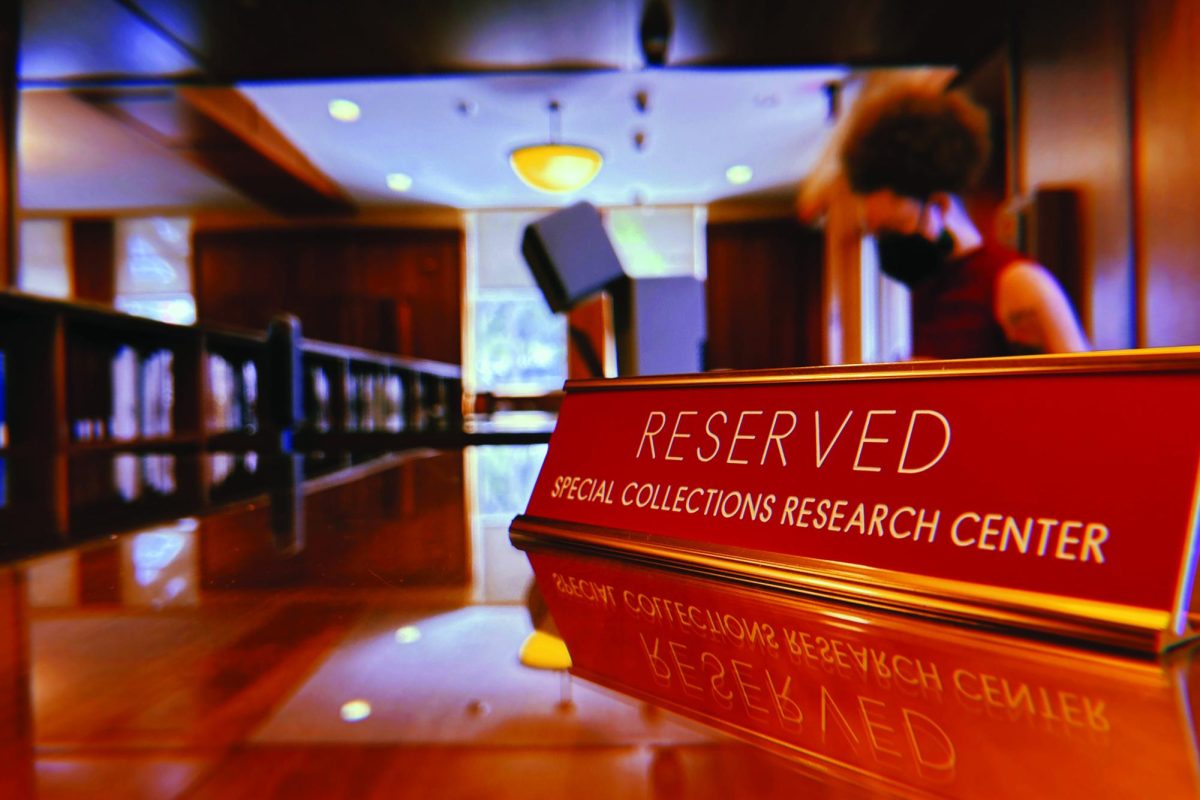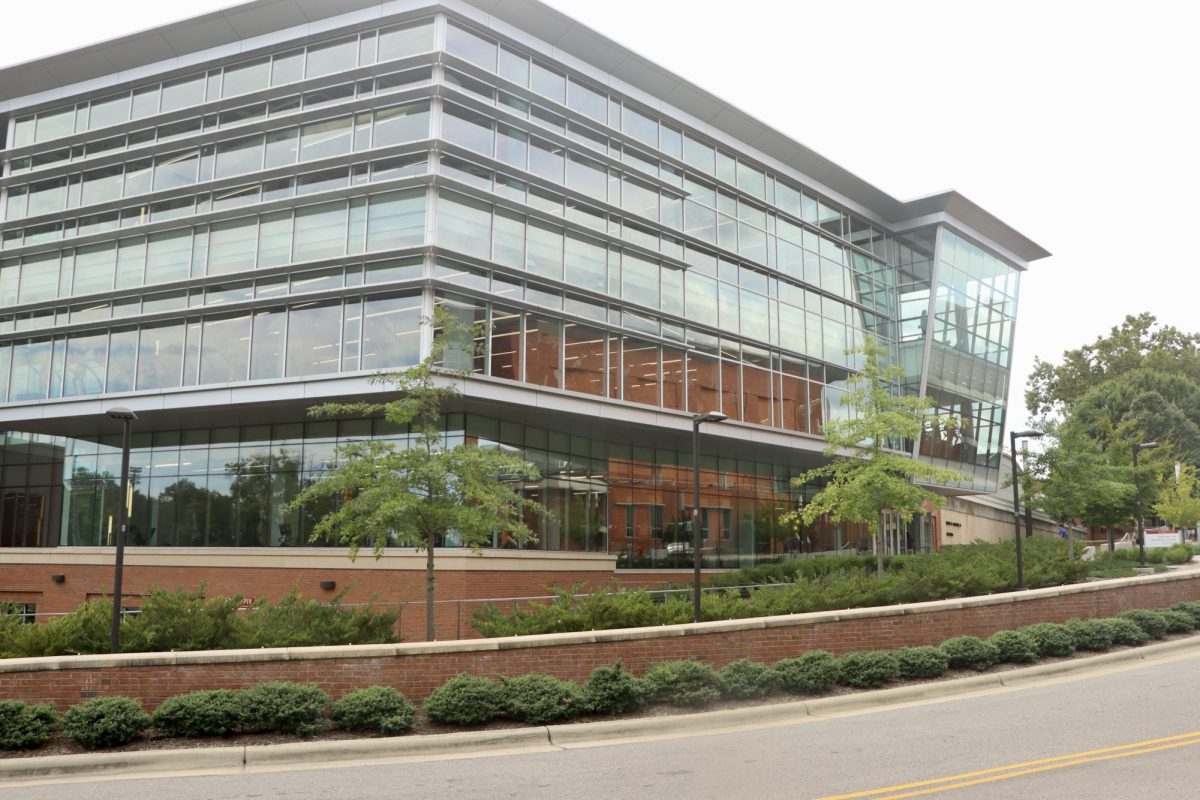For the most part, break is a time to merge back into family life, reconnect with old high school friends and better evaluate one’s own position in each of these circles.
However, this process tends to create a strange phenomena. College distances us and presents us with a very peculiar opportunity over break — an ability to evaluate the things we used to consider completely normal from an outside perspective.
It is a strange phenomena. I remember experiencing this constant evaluation the first time I visited home my first semester, over fall break. Seeing my parents was pleasant, and I missed parts about living at home, but at the same time I felt the distance.
This distance known as the outsider effect is common. My own parents explained that this was something they had also gone through when leaving their respective households. The phenomena is noticeable because no matter how happy parents are to see their child return home, life has gone on for quite a while without that child. The behavior displayed by parents is similar to accommodating for a guest, not welcoming a familiar figure back to their home.
Another factor which contributes to the phenomena is that home isn’t really home anymore. Visiting for break is visiting — most college students tend to refer to their dorms or apartments as home after a few short weeks. It is difficult to maintain the notion that one belongs to two homes.
College fosters a sense of independence. In America, the typical college lifestyle appears to create the nuclear family, eventually isolating children from their parents. No matter how close children and their parents keep in touch, the fact that they no longer live in the same households creates an unavoidable distance.
Distance is not necessarily bad. Our parents, for the most part, broke away from their families and started their own. During winter break, we see our parents reunite with parts of their families. We see how they interact; it is similar to the way we now interact with out parents. Our parents are overjoyed to see their families and wish to catch up on millions of stories we will never have time for. Winter break brings them closer, but there will always be the fact that each household is its own respective unit standing in the way.
Seeing old friends from high school is a different matter entirely, but it emerges from the same phenomena. Friends from high school tended to know a different side of one’s personality. They knew firsthand the experiences of emerging from adolescence to adulthood but they have only heard the experiences of adulthood.
The distance in the case of high school friends is not created by changing households, but more because of entering a different community. The high school community was in many ways a large family, with people who knew each other for a significant period of time. Secrets floated around the family with everyone in everyone else’s business. The college community is much more disinterested. We all exist in a community vaguely connected by a common identity, but we don’t share the same interest in each member’s life. We don’t feel the need to know everyone, to see everyone and to share in their experiences.
Returning home, one receives the unique opportunity to introspect based on those who used to share a more significant portion of their lives, either friends or family. The distance is unavoidable but it is not necessarily negative. Distance has healed many of our relationships, whether it be with friends or families. The outsider effect will always be prevalent, but it is just another part of becoming an adult.




